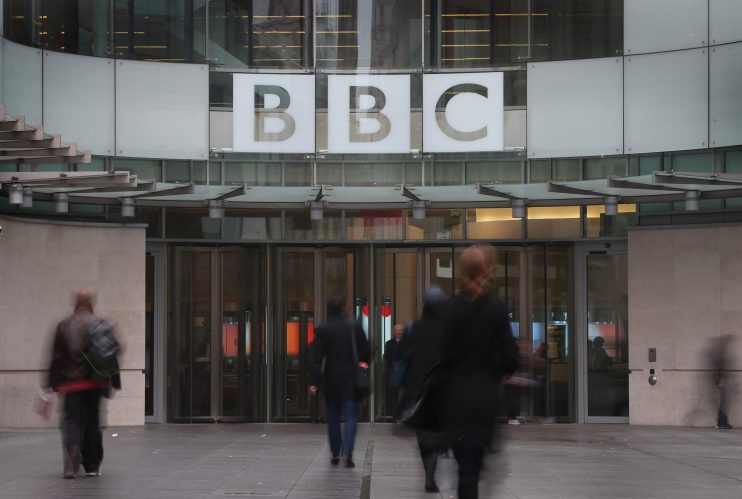Licence fee could be linked to broadband bills, says BBC

The licence fee could be replaced by a levy linked to existing household bills such as broadband, the BBC said today as it hit back at the government’s consultation into decriminalising non-payment of the TV charge.
While the corporation insisted the existing model was the fairest, it said it was willing to explore a household bill scheme similar to those already used in Italy and France.
“This would be a significant change for the UK and we are not, at this stage, advocating it,” the BBC said.
“It does however raise an interesting question as to whether the current system could be made much simpler, more efficient and more automated.”
In its response to the government consultation, the BBC today warned that any move to decriminalise non-payment of the licence fee would lead to “significant” cuts to BBC programmes and services.
It said a new civil system to punish non-payment of the £157.50 fee would initially cost it £300m — a large increase on the £200m cost it previously predicted.
This funding hit, equivalent to more than £1bn for the remainder of the current charter period until 2027, would harm programming and reduce investment in the UK’s creative industries, the BBC said.
Then-culture secretary Nicky Morgan last month opened the consultation, citing a changing media landscape amid the rise of streaming services such as Netflix as well as public concern about the fact people could be imprisoned for failing to pay the fee.
The BBC said it understood why people had reservations about the criminal system, but took aim at a “number of myths” surrounding enforcement.
The public service broadcaster said only around 0.6 per cent of households were prosecuted for evasion in 2018, while just five people in England and Wales went to prison.
It added that the current system was also fairest for those on low incomes as, unlike with a civil system, an individual’s circumstances are taken into account.
Millions of pensioners will have to pay the licence fee after the government scrapped its support for the blanket free scheme for over-75s. However, the BBC has delayed the changes due to the coronavirus outbreak.
“The government consultation does not address the fundamental question of how a new system would be fairer and more effective for everyone, nor does it provide detailed models for us to assess,” the broadcaster said.
The BBC cited an independent review led by David Perry QC in 2015, which concluded the current licence fee system was “fair and proportionate”.
The corporation also questioned the timing of the government’s consultation only a few years into its current charter period. The next licence fee funding settlement is due in 2022, while the overall model is guaranteed to stay in place until at least 2027.
The BBC has already announced plans to slash 450 jobs from its news division as part of a plan to save £80m by 2022, though the cuts have been put on hold as the broadcaster faces growing demand for its coverage during the pandemic.
“Any changes that erode the licence fee model at this time would undermine the BBC’s ability to deliver the best programmes and services to our audiences, as well as reducing investment in the creative economy, where the BBC’s role is particularly crucial to the UK’s nations and regions,” the BBC said.